The recent attempted assassination of former President Donald Trump at a campaign rally in Pennsylvania has reignited a firestorm of controversy surrounding the leadership and policies of the United States Secret Service. At the heart of this debate is the agency’s focus on diversity, equity, and inclusion (DEI) initiatives, which critics argue have compromised the Secret Service’s core mission of providing the highest level of security and protection for the nation’s most important figures.
The Rise of Kimberly Cheatle and DEI Priorities
Kimberly Cheatle’s appointment as the second-ever female director of the Secret Service in 2022 was hailed as a landmark moment for the historically male-dominated agency. Cheatle, a 25-year veteran of the Secret Service, had risen through the ranks to become the first woman to serve as the agency’s assistant director of protective operations.
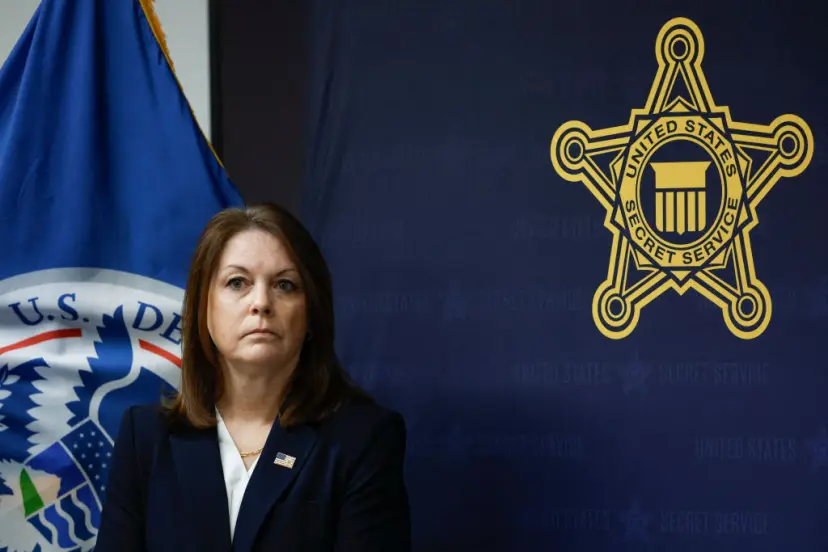
Her selection by President Joe Biden was seen as a clear signal of the administration’s commitment to promoting diversity and inclusion within the federal government.
However, Cheatle’s tenure has been marked by growing concerns that the Secret Service’s emphasis on DEI has come at the expense of its core security responsibilities. Critics have pointed to a series of high-profile security breaches and incidents, including the recent Pennsylvania rally shooting, as evidence that the agency’s focus on diversifying its workforce has compromised its ability to effectively protect the nation’s leaders.
Questioning the Screening and Training of Secret Service Agents
One of the central criticisms leveled at the Secret Service under Cheatle’s leadership is the perceived lowering of hiring and training standards in the name of diversity. Conservatives have seized on the case of Michelle Herczeg, a female agent who was briefly removed from Vice President Kamala Harris’ detail after exhibiting “distressing behavior.” The fact that Herczeg had previously filed a gender discrimination lawsuit against the Dallas Police Department has fueled concerns that the Secret Service may be prioritizing diversity over rigorous background checks and mental health assessments.
The Debate over Physical Fitness and Operational Readiness
Beyond the screening process, concerns have also been raised about the Secret Service’s physical fitness standards for its agents. While the agency has long maintained that all agents, regardless of gender, must meet the same basic qualifications, critics have pointed to reports that women are held to lower standards than their male counterparts when it comes to physical fitness assessments.
This perceived double standard has led to accusations that the Secret Service’s commitment to gender diversity has come at the expense of operational readiness. As former Secret Service agent Dan Bongino bluntly stated, “There should not be any women in the Secret Service. These are supposed to be the very best, and none of the very best at this job are women.”
The Impact of DEI on Security Measures
The debate over the Secret Service’s DEI initiatives has also extended to the agency’s security protocols and tactics. Some commentators have suggested that the agency’s efforts to promote diversity and inclusion have led to a dilution of its traditional, aggressive approach to protecting high-profile individuals.
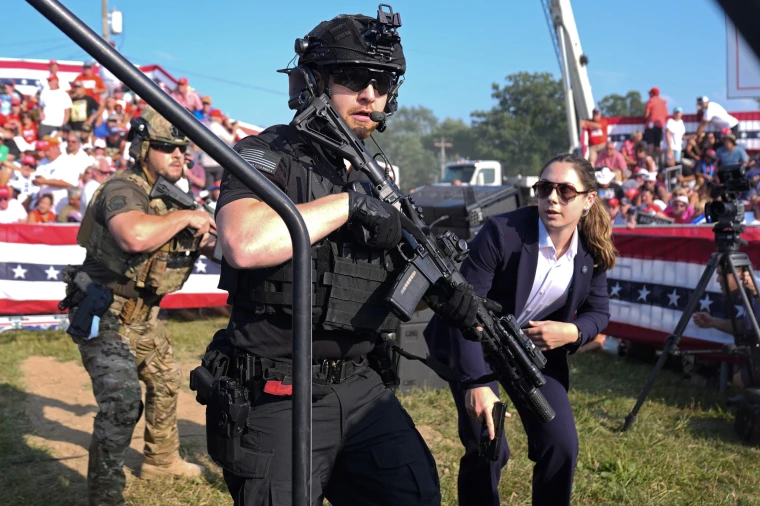
For example, the decision to have a female agent, Michelle Herczeg, assigned to Vice President Harris’ detail has been criticized as a potential security risk, with some arguing that the agency may have compromised its standards in order to meet diversity quotas. Similarly, the Secret Service’s stated goal of having women make up 30% of its workforce by 2030 has fueled concerns that the agency is prioritizing representation over operational effectiveness.
The Fallout from the Pennsylvania Rally Shooting
The attempted assassination of Donald Trump at the Pennsylvania rally has only amplified these concerns, with many lawmakers and commentators calling for a full investigation into the Secret Service’s handling of the event. House Speaker Mike Johnson has demanded that Director Cheatle and other agency officials appear before Congress to answer questions about the security failures that allowed the gunman to come dangerously close to his target.
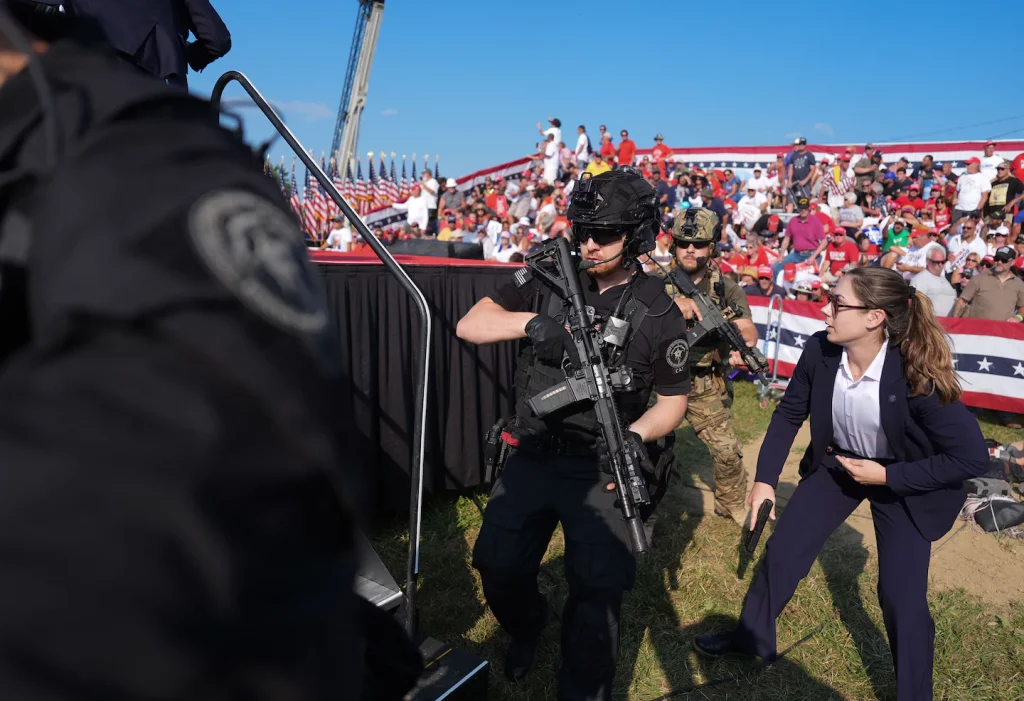
Former House Speaker Newt Gingrich has gone so far as to call for Cheatle’s immediate suspension, while others, such as entrepreneur Elon Musk, have suggested that the director’s previous experience in the private sector, including a stint at PepsiCo, has ill-equipped her to lead the nation’s premier protective service.
The Broader Implications for the Secret Service
The fallout from the Pennsylvania rally shooting has raised broader questions about the long-term viability of the Secret Service’s DEI initiatives. Critics argue that the agency’s focus on representation and inclusion has come at the expense of its core mission, and that a return to a more traditional, merit-based approach to hiring and training is necessary to ensure the highest levels of security and protection.
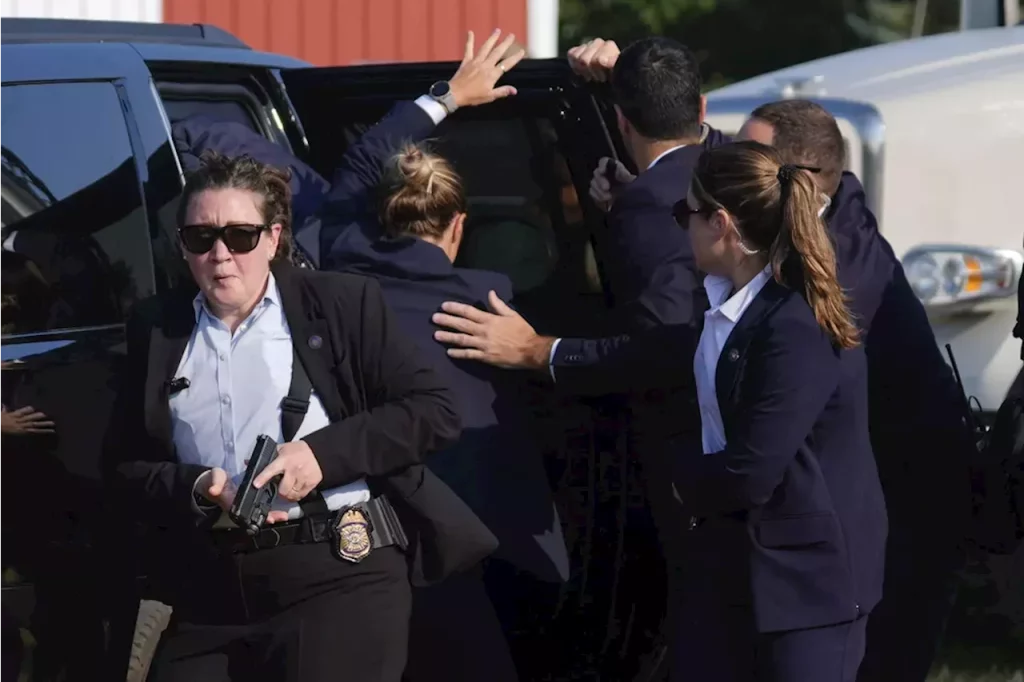
Moreover, the controversy has highlighted the delicate balance that the Secret Service must strike between promoting diversity and maintaining operational excellence. As the agency continues to grapple with these challenges, its ability to effectively safeguard the nation’s leaders and critical infrastructure will undoubtedly be under intense scrutiny.
The Role of Diversity and Inclusion in the Secret Service
Defenders of the Secret Service’s DEI initiatives, however, argue that promoting diversity and inclusion is not inherently at odds with the agency’s core mission. They contend that a more diverse and representative workforce can actually enhance the Secret Service’s capabilities, as it allows the agency to better understand and respond to the diverse threats and challenges facing the nation.
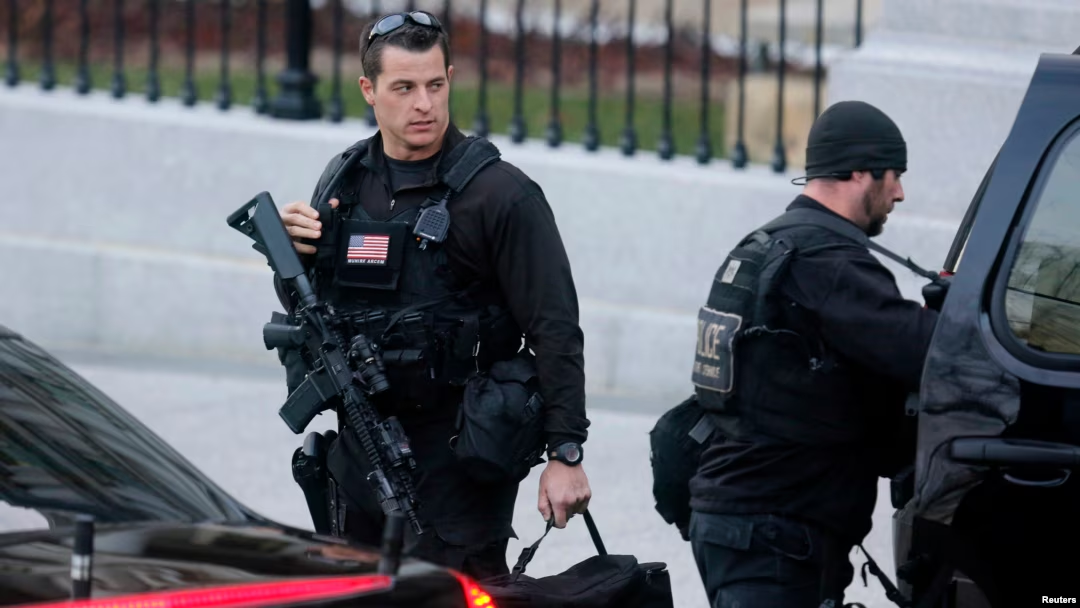
Proponents of this view point to the Secret Service’s long history of welcoming women and minorities into its ranks, with the first female agents being sworn in as early as 1971. They argue that the agency’s commitment to diversity has been a strength, not a weakness, and that the recent incidents should not be used to undermine the importance of promoting equal opportunity and representation within the federal government.
Balancing Diversity and Operational Effectiveness
Ultimately, the debate over the Secret Service’s DEI policies highlights the broader challenge of balancing the need for diversity and inclusion with the imperative of maintaining the highest standards of operational effectiveness. While critics may argue that the agency has sacrificed security in the name of representation, defenders counter that a diverse and inclusive workforce can actually enhance the Secret Service’s ability to fulfill its critical mission.
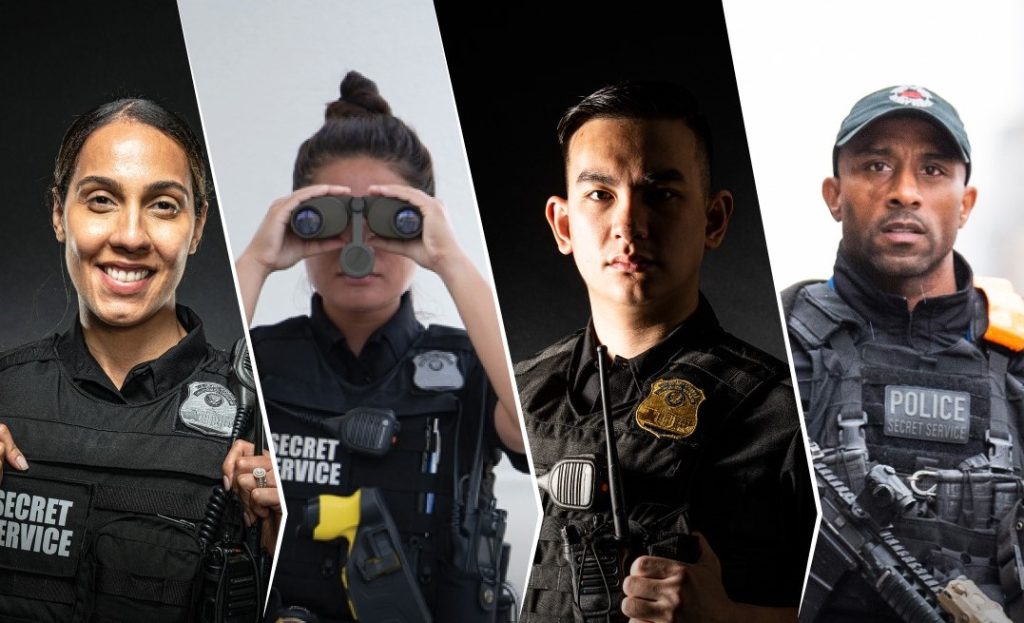
As the agency continues to navigate these complex issues, it will be essential for the Secret Service to find a way to reconcile these competing priorities and ensure that it remains a model of excellence and professionalism in the years to come. Whether this can be achieved under the leadership of Kimberly Cheatle or through a change in the agency’s top brass remains to be seen.
The Path Forward for the Secret Service
As the fallout from the Pennsylvania rally shooting continues to reverberate, the Secret Service and its leadership will undoubtedly face intense scrutiny and pressure to address the perceived shortcomings in its security protocols and workforce policies. This will likely involve a comprehensive review of the agency’s hiring, training, and operational practices, as well as a reassessment of the role that DEI initiatives should play in shaping the Secret Service’s priorities and decision-making.
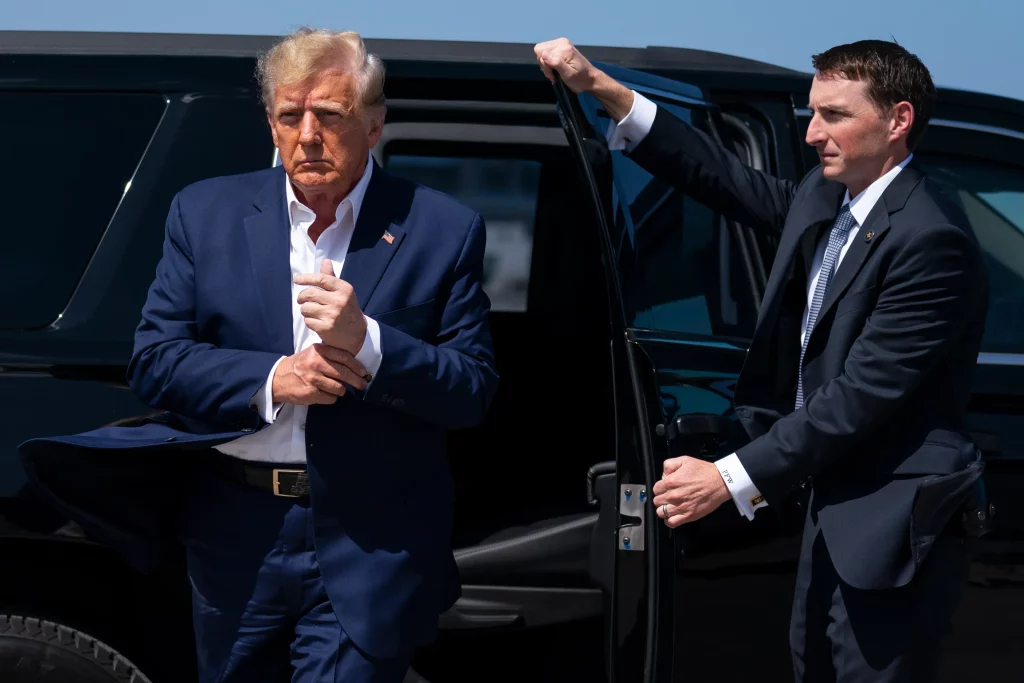
One potential avenue for reform could be a renewed focus on merit-based hiring and training, with a greater emphasis on physical fitness, tactical expertise, and proven track records of protecting high-profile individuals. This could involve a recalibration of the agency’s diversity goals, with a greater emphasis on ensuring that all agents, regardless of gender or background, meet the same rigorous standards of performance and readiness.
Alternatively, the Secret Service could seek to strike a more delicate balance between promoting diversity and maintaining operational excellence, perhaps by exploring new approaches to recruitment, training, and professional development that are designed to attract and retain the most talented individuals from all backgrounds. This could include enhanced mentorship programs, targeted outreach to underrepresented communities, and a more holistic assessment of an agent’s suitability for the job.
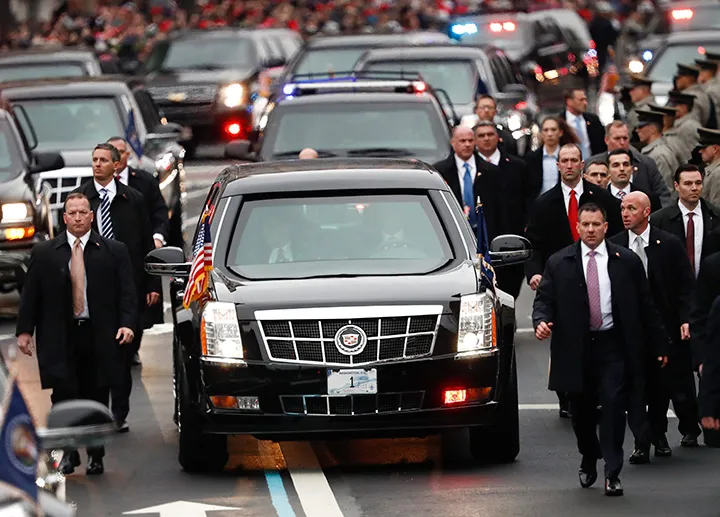
Ultimately, the path forward for the Secret Service will require a careful and nuanced approach that recognizes the importance of both diversity and operational effectiveness. As the agency continues to grapple with these complex challenges, its ability to adapt and evolve will be crucial in ensuring that it remains a shining example of professionalism, integrity, and unwavering commitment to the security of the nation’s leaders and institutions.
Conclusion
The controversy surrounding the Secret Service’s DEI initiatives has laid bare the inherent tensions and tradeoffs that can arise when an organization charged with the highest levels of security and protection seeks to promote diversity and inclusion. While the agency’s commitment to these values is commendable, the recent security failures and incidents have raised serious questions about whether this focus has come at the expense of its core mission.
As the Secret Service navigates this complex landscape, it will be essential for the agency to strike a careful balance between its diversity goals and its operational readiness. This will require a comprehensive review of its hiring, training, and security protocols, as well as a willingness to make difficult decisions that prioritize the safety and security of the nation’s leaders and institutions.
Ultimately, the success of the Secret Service in the years to come will depend on its ability to adapt and evolve, while remaining true to the core values of excellence, professionalism, and unwavering commitment to its critical mission. As the agency continues to grapple with these challenges, the eyes of the nation will be upon it, and its actions and decisions will have far-reaching implications for the security and stability of the United States.

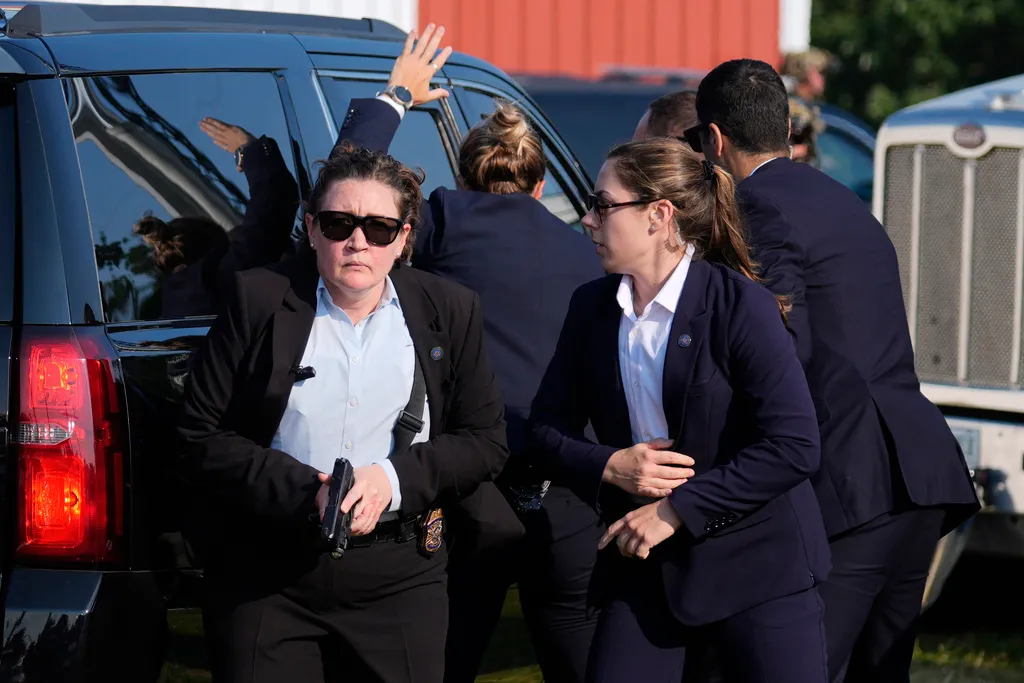


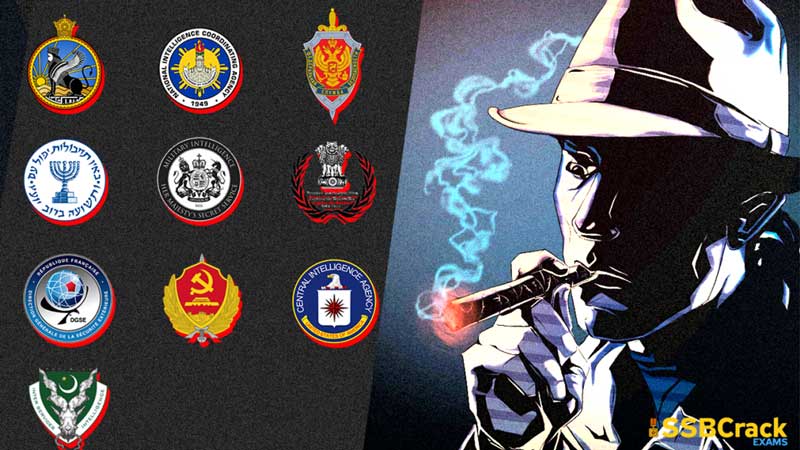

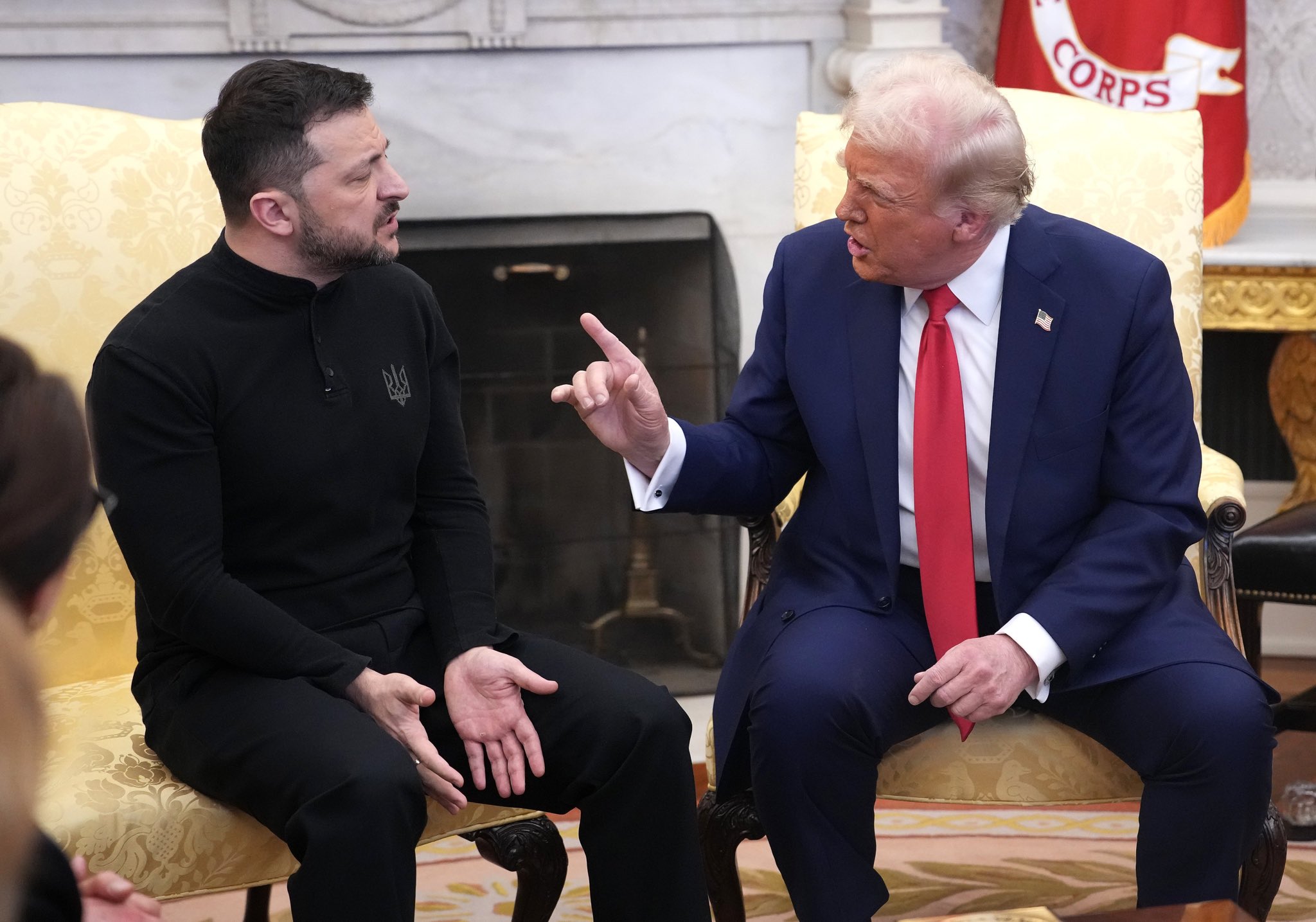
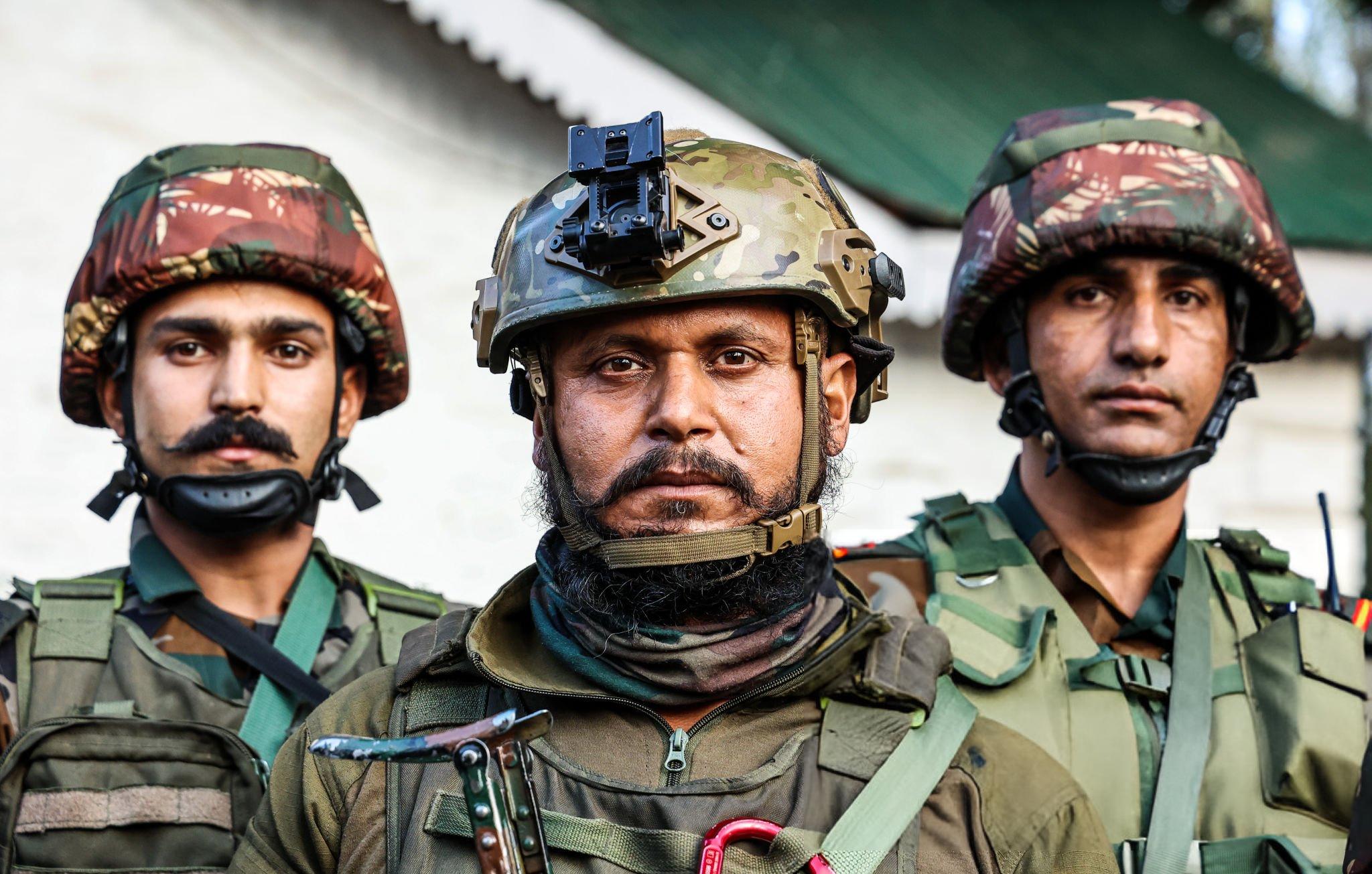






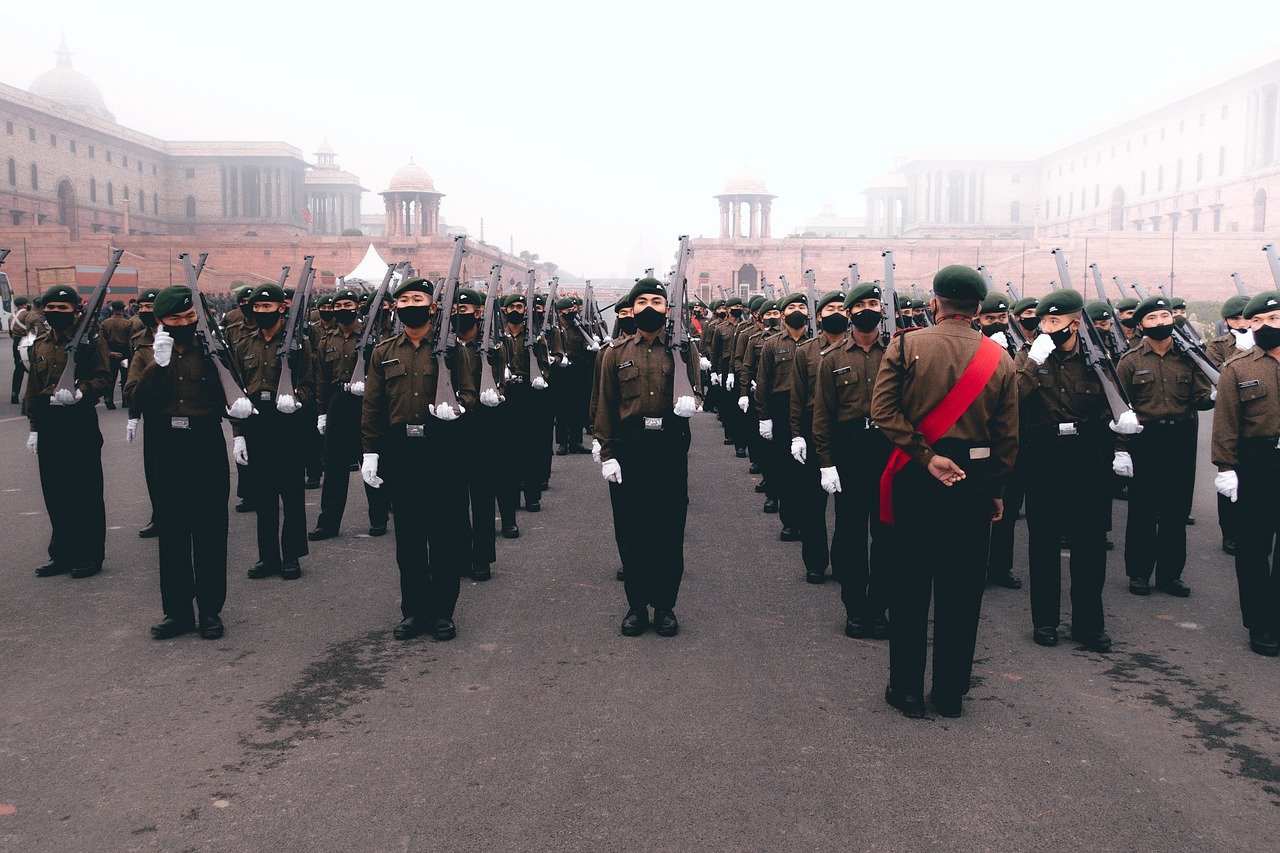

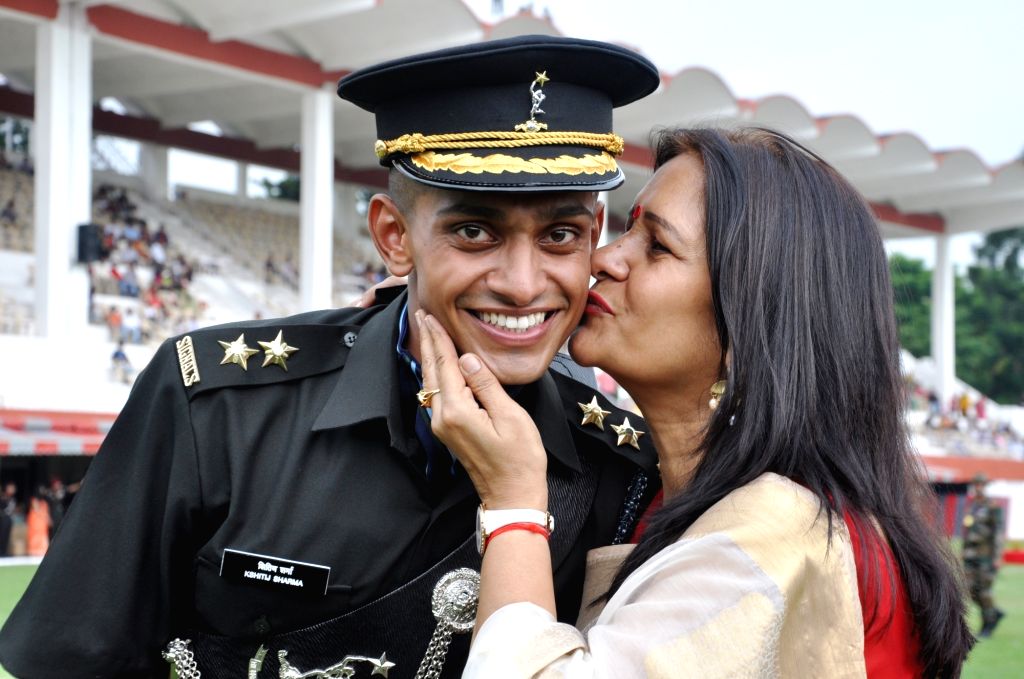
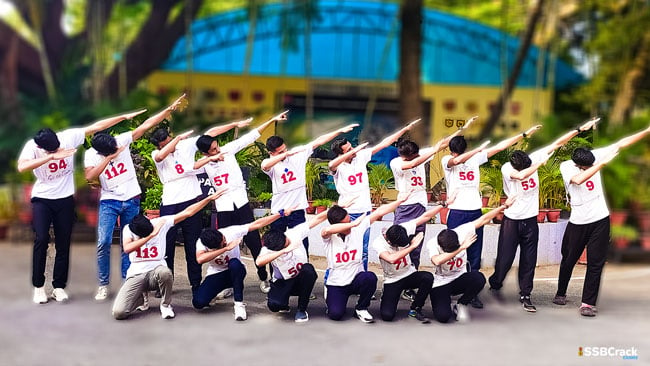

Celebrating Independence Day on August 15th honors the day India broke free from British rule in 1947. It’s a tribute to our freedom fighters and a reminder of their sacrifices. The day is marked by the President’s speech and the Prime Minister’s flag hoisting at the Red Fort. Let’s cherish the freedom and resilience that define our nation. 🇮🇳